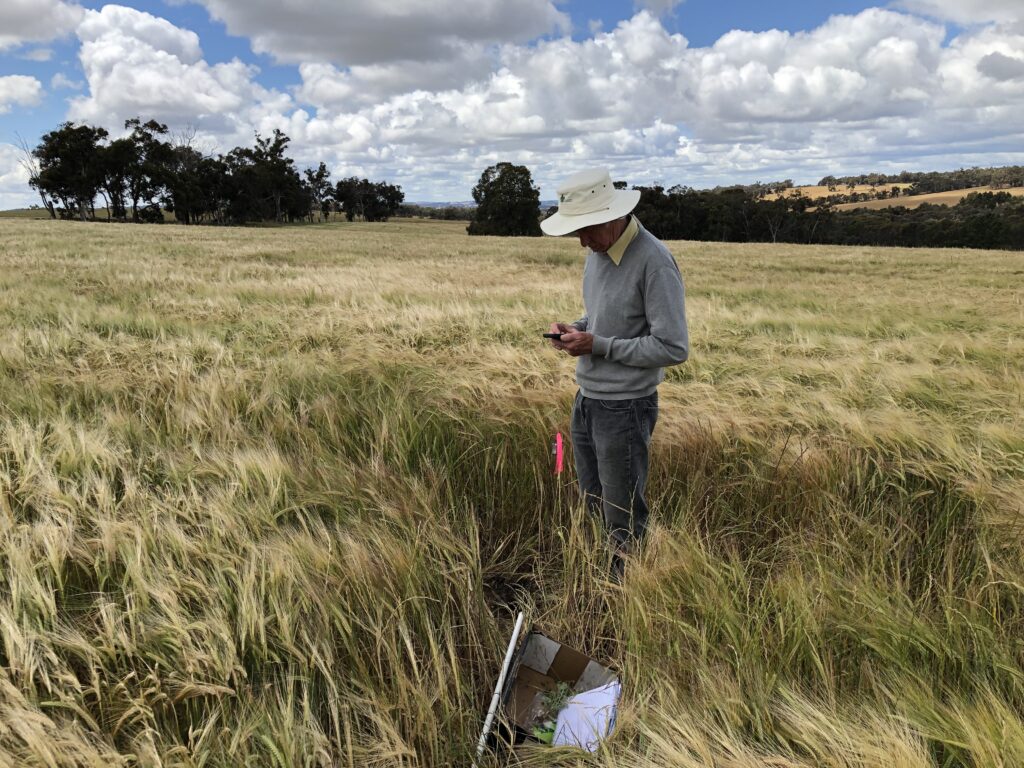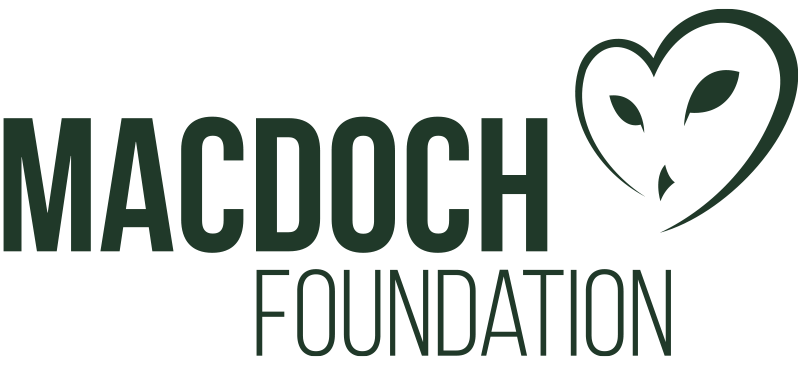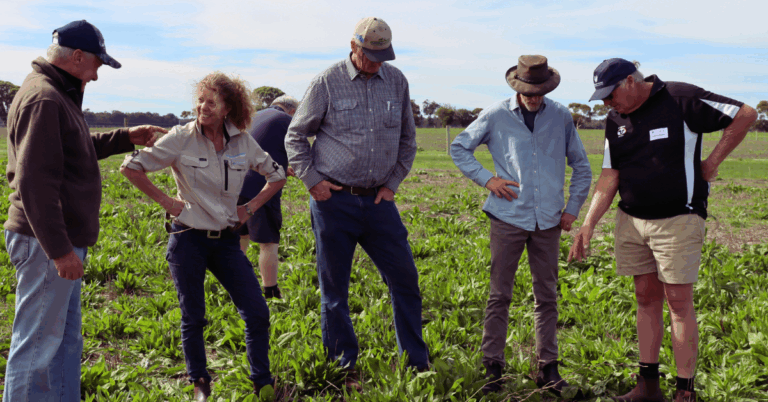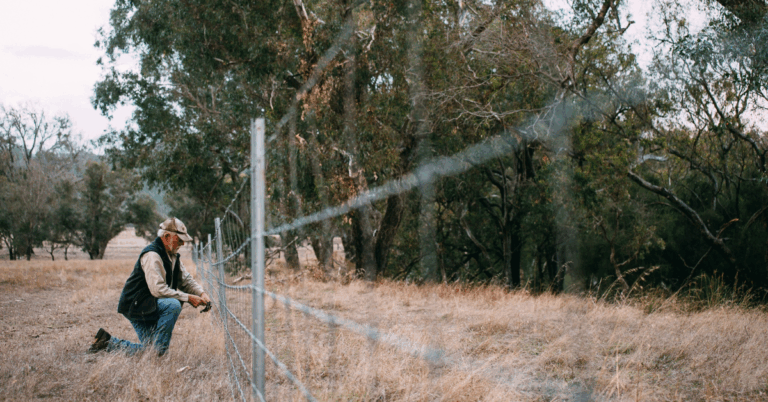Key outcomes
- Measuring the natural capital of farms in the South West to find out whether ecological condition directly affects productivity
There is increasing urgency for agriculture to play an active role as a nature-positive solution to climate change and biodiversity loss, while continuing to provide high quality food and fibre. By taking an ecological approach to farming, landscapes can begin to regenerate themselves, with benefits for both farmers and their communities.
South West NRM is a Natural Capital Measurement Partner for the Farming for the Future program, which aims to measure and optimise on-farm natural capital for increased resilience and productivity.
‘Natural capital’ refers to ecological resources on farms that need to be managed for the benefit of farm businesses, families, and future generations. It includes pastures, crops, livestock, vegetation and trees, water and soil. Though natural capital underpins core agricultural productivity, it is not consistently measured, monitored or understood as an asset requiring investment.


Farming for the Future is a research and change program which is testing the hypothesis that investing in environmental improvements will also lead to increased profitability, business resilience and farmer wellbeing. It aims to embed natural capital as a factor of production in farm business decision-making.
The program was initiated by the Macdoch Foundation and is supported by other philanthropists and industry partners, including the National Farmers’ Federation, Meat and Livestock Australia, Australian Wool Innovation Ltd, and PwC Australia.
As a Natural Capital Measurement Partner, South West NRM is visiting participating farms in the region to undertake natural capital assessments which measure ecological integrity, pasture condition and soil condition. On-farm ecological data, financial and operational data is combined for detailed analysis by the Farming for the Future team. A Natural Capital Account and benchmarking report, worth $35,000, is produced for each farm at no cost.
Data from the approximately 150 farms included in the first round of the Farming for the Future program will be used to build a pilot benchmarking platform to enable decision making about natural capital investments. Applied at a national scale, it is hoped that research findings will support the acceleration in adoption of nature-positive practices across the whole agricultural industry.
Farmers interested in participating in the Farming for the Future program can register their interest at farmingforthefuture.org.au.





